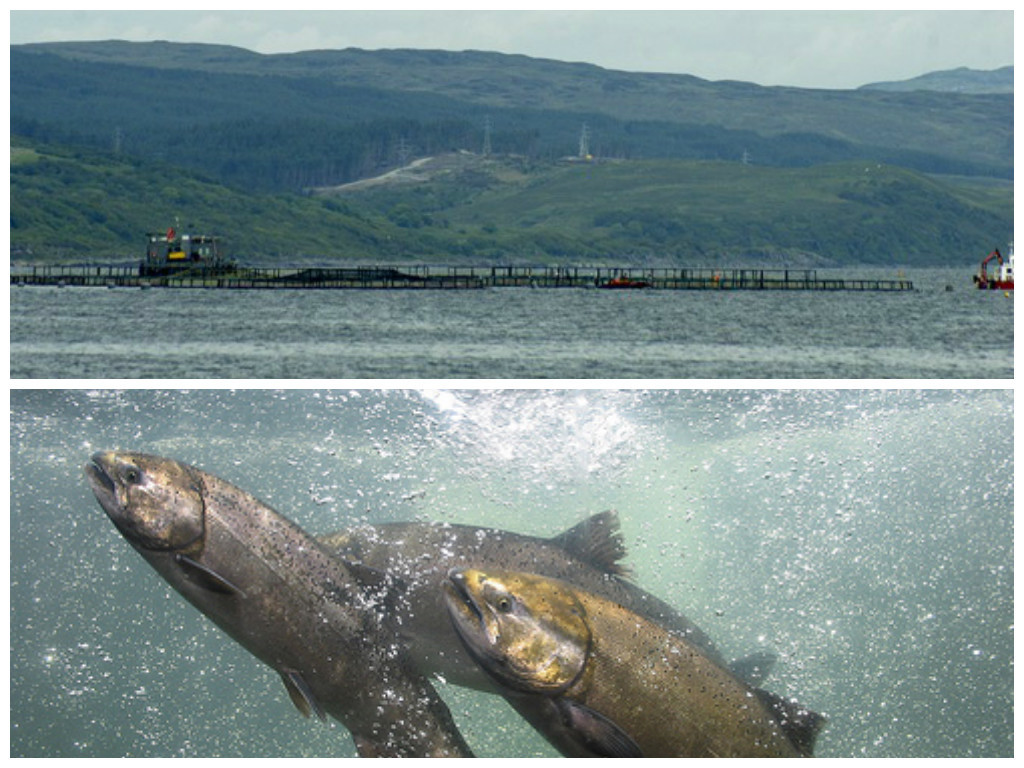Research projects focused on addressing key challenges to the aquaculture sector, and involving scientists and researchers across the University of the Highlands and Islands, have been awarded nearly £1million in funding by two of the UK’s leading research councils as part of the Sustainable Aquaculture Initiative.
The projects, which focus on farming or cultivation in salmon, trout, molluscs and crustaceans, are part of a national programme to build capacity across the aquaculture research sector, with multidisciplinary projects spanning bioscience and environmental science.
Michael Rayner, UHI dean of research said: “This is fantastic endorsement of the standard and distinction of research across the University of the Highlands and Islands.
“Our focus is to make a difference to our environment and economy in our region and these nationally-funded grants acknowledge our expertise and performance in this area, vital to our region and the wider Scottish economy.”
In the UK, the value of aquaculture in producing finfish such as salmon and sea trout is estimated to be worth around £580million per year and rising. Challenges to the industry such as disease and parasite infections affecting farmed stock have a devastating impact.
Mr Rayner said grants have been secured for projects by Professor Kenneth Black, who is working on seabed chemistry around marine fish farms and Professor Keith Davidson, who is looking at warning mechanisms to minimise the risk of harm to aquaculture and human health from algal blooms.
Both professors are based at Scottish Association for Marine Science (SAMS) UHI near Oban.
Professor Eric Verspoor at the Rivers and Lochs Institute in Inverness has also won funding to is focusing on the identification of parts of the salmon genome which have diverged in farmed as compared to wild Atlantic salmon.
Professor Axel Miller, acting director of Scottish Association for Marine Science UHI said: “I am delighted that we have received a considerable allocation of this funding from BBSRC and NERC, a reflection on the leading aquaculture research being done here.
“The aquaculture industry is a key growth sector but it is important that it develops sustainably. The work being done by our scientists will help ensure that happens.”
